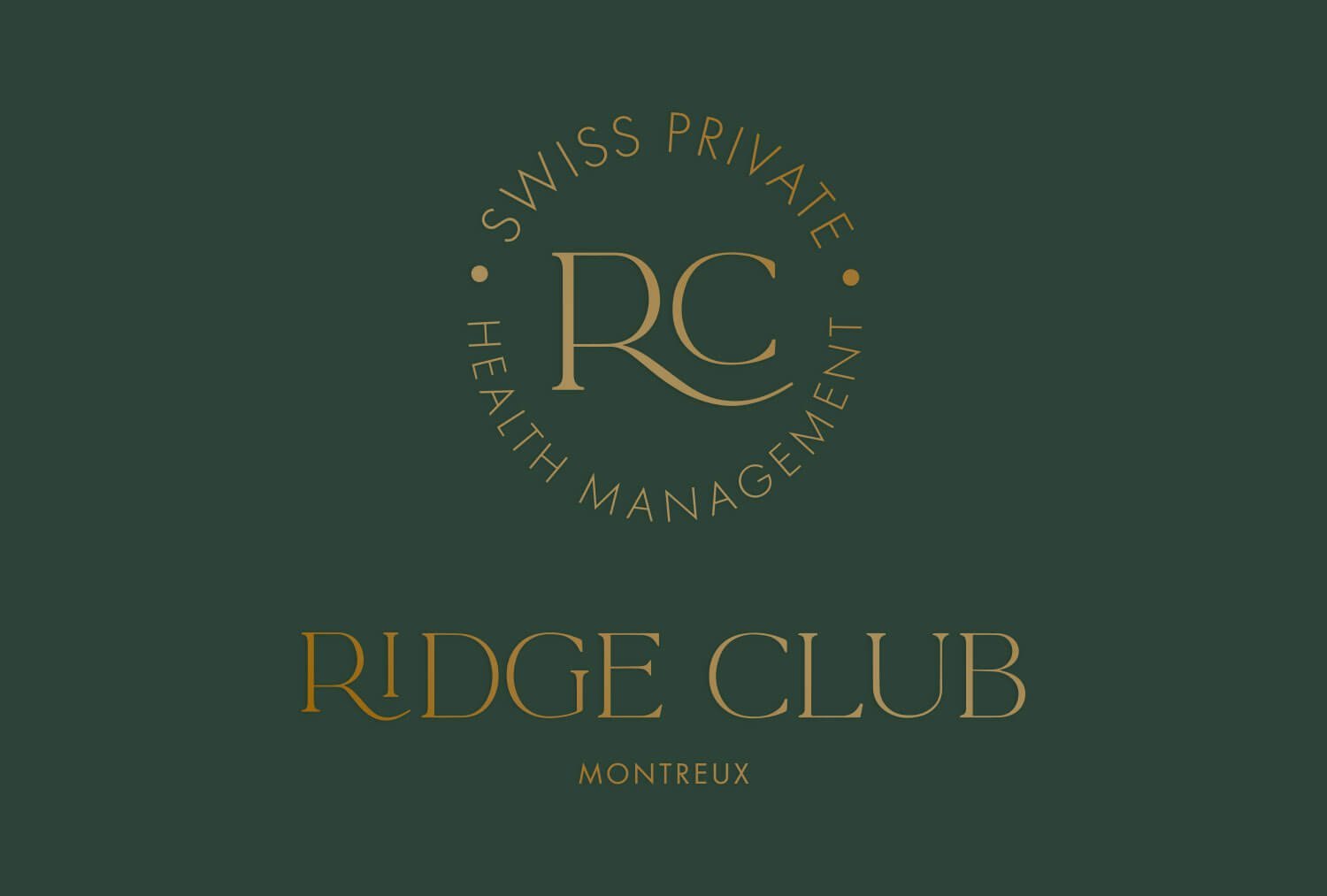‘BESPOKE’ IN 2025
The promise of ‘bespoke’ is virtually as old as luxury itself.
According to the Cambridge Dictionary, something bespoke is specially made for a particular person. The term can originally be traced to the word 'bespeak', which used to mean 'to explain; to indicate' - literally, 'to speak for something'.
For centuries, bespoke has been associated with custom-made or tailor-made items, in particular suits, dresses, and shoes. But we’ve come a long way, and the notion has expanded to cover an increasing diversity of categories, including cars, wealth-management, fine-dining, luxury travel, private jets, haute couture, and healthcare.
To understand this evolution, we need to look at the ways in which the aspirations and lifestyles of high-net-worth consumers have changed over the years. It has been a remarkable transformation. In the early 20th century, affluence was synonymous with grand displays of wealth: sprawling estates, opulent parties, and ownership of rare, handcrafted treasures. Luxury was largely about visible markers of success and exclusivity, and bespoke-ness was a fuel that powered this lifestyle.
By the mid-20th century, societal shifts began to redefine wealth. Experiences gained prominence, as affluent consumers increasingly valued leisure travel and cultural pursuits over material possessions. The jet-set was born.
This shift continued to evolve, and by the early 21st century, globalisation and tech had created incredible new possibilities for personalisation.
Today, the modern HNWI seeks more than material excess. Her aspirations centre on individuality, time, and purpose. Luxury is now defined by deeply personal experiences, meaningful connections, and alignment with values such as sustainability and authenticity.
Brands have adapted by offering bespoke services that enable direct collaboration between consumer and creator, resulting in truly unique offerings that reflect personal identity. This evolution reflects a broader cultural trend: wealth is no longer just about status but about intentionality and self-expression.
In this light, bespoke is now better described as an intimate collaboration between client and creator, resulting in a product or experience that is one-of-a-kind and deeply personal.
Technology has been a significant catalyst in redefining bespoke luxury. High-tech tools, from AI-driven personalisation to virtual reality showrooms, allow brands to offer tailored experiences on a scale unimaginable in the past. For instance, bespoke services are no longer confined to the traditional ateliers or brick-and-mortar stores. Online configurators now provide consumers the freedom to design custom creations from the comfort of their homes.
In 2025, bespoke luxury will be more than simple exclusivity and premium service; it will be about forming meaningful connections, values-driven craftsmanship, innovative personalisation, and a relationship that starts well before and ends long after that moment of transaction.
At SUM, we’ve been working with clients on a variety of new expressions of bespoke luxury. Here are some examples, from Sabyasachi, Certé, Ridge Club, and Noushella…
SABYASACHI
Whether in New Delhi, Kolkata, or New York, a Sabyasachi store is a living, breathing museum, where bespoke-ness is reflected not only in one-of-a kind Indian couture, but also through a relationship that begins online, and then remains for years.
Read More →
CERTÉ
SUM’s client Certé offers each of their high-net-worth clients a personalised world of extraordinary travel, where every journey is a unique masterpiece.
RIDGE CLUB
Based in Montreaux, Ridge Club enables each of its exclusive clients to monitor and define an entirely individualised approach to preventative healthcare.
NOUSHELLA
By creating luxury garments that are based on the 7 psychological archetypes, Noushella approaches personalisation from a whole new angle.
-
Boutique brands thrive on individuality, founder proximity, and purpose-driven craftsmanship. They appeal to clients seeking intimacy, authenticity, and story-led value. SUM’s Boutique Branding approach ensures every detail reflects that personal connection.
-
By focusing on clarity, niche authority, and storytelling instead of scale. Precision and authenticity often outperform size in today’s luxury market. SUM’s Luxury Brand Strategy framework helps boutique brands build distinctive positioning that lasts.
-
Start with strategy. A strong strategic foundation leads to a clear identity and ensures every piece of marketing communicates meaningfully. Our Boutique Branding work turns clarity into commercial confidence.
-
We design flexible processes that fit leaner operations — focused workshops, streamlined decision-making, and scalable identity systems. The result is strategy and design precision without unnecessary complexity. Learn more about our Luxury Brand Strategy work.
Looking to take your brand further?
Explore our specialist services for luxury brands:
If you would like to discuss your own luxury bespoke branding project with us, then please reach out to SUM.


